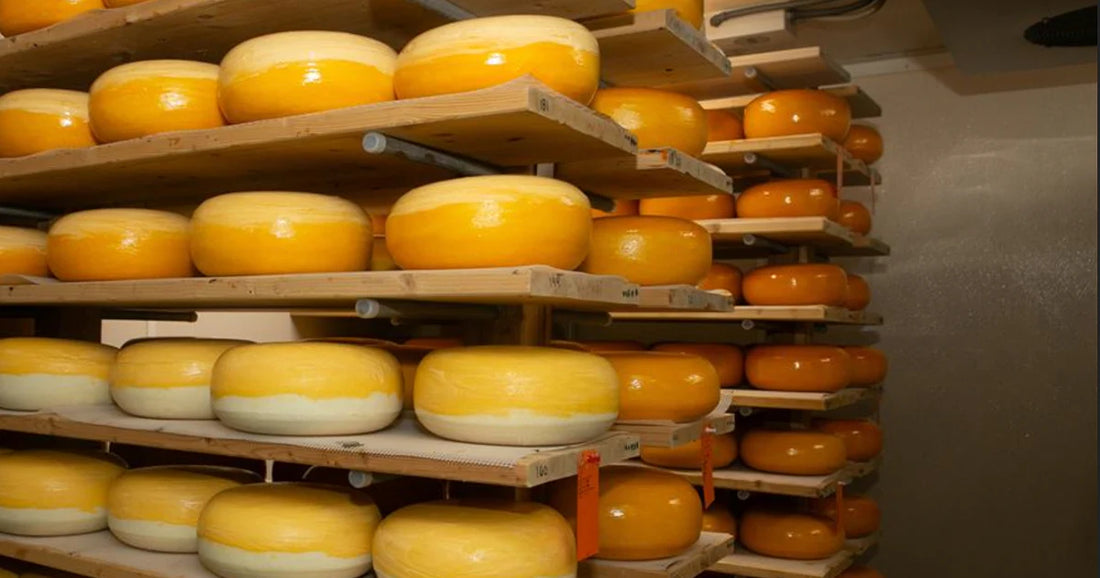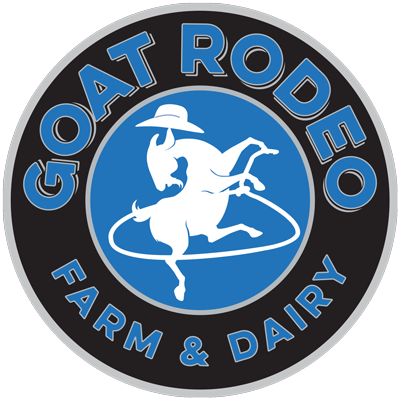
One way to avoid tariffs is to buy from local farmers. Your tastebuds will thank you, too
Share
Pittsburgh Post-Gazette - Walk into the market at Janoski’s Farm & Greenhouse and you’ll be hit with the tantalizing scent of freshly baked cinnamon rolls. Right then and there, you might be convinced of the importance of buying local products.
Especially in the current economic atmosphere, that could be a smart move.
The Trump administration has created uncertainty with its on-again, off-again tariffs, prompting panic buying of everything from iPhones to clothing and automobiles. One way to avoid tariffs on foreign goods is to buy local, including local agricultural products.
About 59% of fresh fruit and 35% of vegetables in the U.S. are imported, according to the federal Department of Agriculture.
The complications of the global supply chain, unknowns about tariffs and possible countermeasures make any predictions slippery. But certain products, like chocolate or coffee, would be difficult or impossible to replace with American equivalents. Tariffs on those products would be hard to get around.
Mexico, the top supplier of tomatoes to the U.S. according to the USDA, will see a 21% tariff placed on them in July. By that time, your local farm stand should have plenty of plump tomatoes ready for the plucking.
Buying regional produce has the added benefit of supporting the local economy and local farmers — your neighbors.
Pennsylvania’s farms are overwhelmingly family owned, and the state is second only to California in farm-to-consumer sales, according to the U.S. Department of Agriculture.
The family-owned Janoski’s market, in Clinton, features not only its own produce — including tomatoes, peppers, corn, Brussels sprouts, collard greens, kale, apples, onions and potatoes — but tons of other local products, from meat and preserves to flowers and candy.
“We try to feature unique local products,” said Janoski family member and store manager Rachael Seibel, pointing out a local kombucha brand, honey and ice cream carried by the store as a few examples.
PA Preferred checkmark
The reason to buy local, Seibel said, is “because you know where it comes from. … We take pride in what we do. And you ask us questions, we know what to tell you.”
If you know your local farmers and shop at their farm stand, you are reasonably assured of getting a fresh, regional product.
But another sense of assurance can come with the presence of a check mark and the blue-and-yellow logo of “PA Preferred,” which indicates that the state Department of Agriculture has certified the product as local. (In the case of some products containing multiple ingredients, the logo indicates that it is comprised of 75% local ingredients.)
Farmers, dairies, restaurants, farm markets, wineries, distilleries, craft breweries and other food producers can join PA Preferred, the aim of which is to promote Pennsylvania food, drink and other agricultural products. Pennsylvania is home to 57,900 farms, according to PA Preferred.
Consumers can look up products or program participants on the Pennsylvania Preferred website (papreferred.com), searching by product or location.
In Allegheny County, for example, participants include: Sonny Rose Ranch, Goat Rodeo Farm & Dairy, Mazzotta Winery and Monroeville Lions Farmer’s Market.
Justin Silvis created Allegheny Microgreens in McKean County during another period of global supply chain crisis: the COVID-19 pandemic. He started his indoor farm first for the needs of his family, and then found there was a market for his microgreens.
He has been a member of the PA Preferred program since 2022, and carries the logo on his products.
“It helps me quite a bit because people see the logo and there’s a sense of trust with my brand, that people are getting something that's genuinely local,” he said.
He noted that some sellers bring in produce from hours away, even from other states, and sell it at farmers markets.
‘Relationship with your farmer’
“The importance of buying local is to get around supply chain issues, knowing where your product comes from and having a relationship with your farmer that you buy from,” Silvis said.
Such a relationship can make it easier to know if farmers are raising animals humanely or growing crops sustainably, he said.
For his part, Will Loevner, of Goat Rodeo Farm & Dairy, a 130-acre family-owned farm with a 100-head goat herd, hopes that tariff fears could have a positive effect.
“Our hope would be that people would really try to buy local products and support local farmers,” he said. “With Goat Rodeo, we have artisanal cheese that can rival a lot of the cheeses that are made in Europe.”
Located just 20 minutes outside Pittsburgh in Indiana Township, award-winning Goat Rodeo products are carried at Whole Foods, Giant Eagle Market District stores, Pennsylvania Macaroni Co. and Chantal’s Cheese, as well as many restaurants.
‘Fresh and local’
Art King, co-owner of Harvest Valley Farms, a fourth-generation vegetable farm in Butler County, is also a member of the PA Preferred program. He also operates a market that stocks local products.
“I believe wholeheartedly that local buying local is critically important in our lives because it keeps the money in your community,” King said.
And even if a local product is more expensive, the quality makes it worth the price, he said.
“When you buy our lettuce, for instance, and you take it home and put it in your refrigerator, it'll keep for two weeks in your refrigerator.”
Grocery store lettuce might have traveled over a thousand miles and might spoil much earlier — thus wasting money.
Incidentally, like many other PA Preferred members, King benefited from a USDA program that allowed food banks to purchase produce from local farmers at a reduced cost. That funding has now been cut.
“The people at the food bank that I delivered those to, they’re just so grateful,” King said. “They see that it’s from Harvest Valley, [and] it just goes. People want it so bad because it’s fresh and it’s local.”
